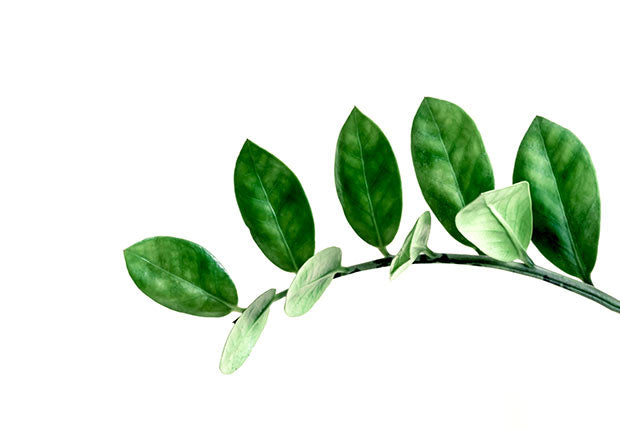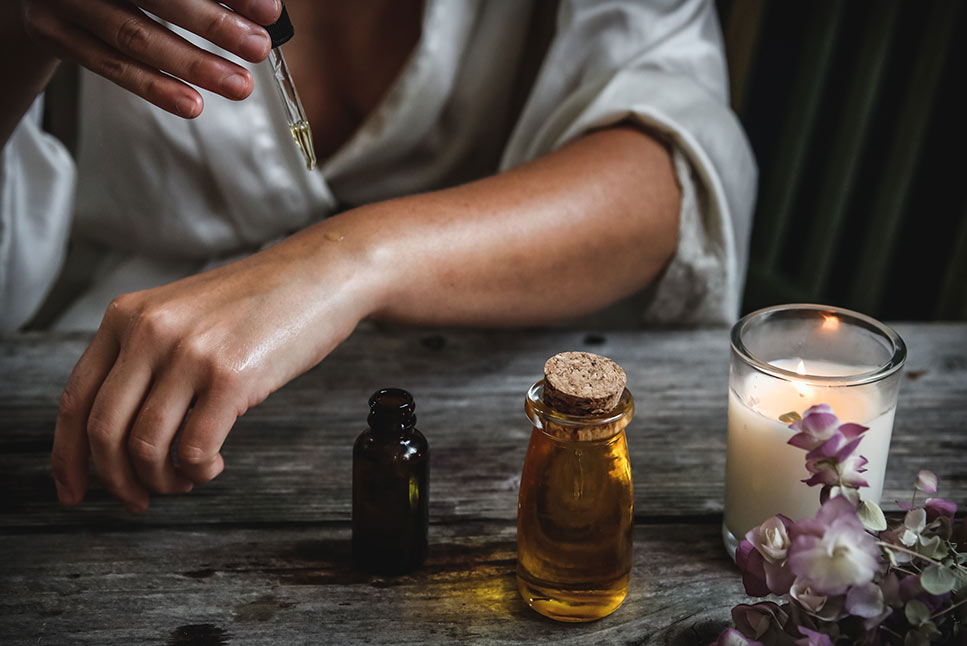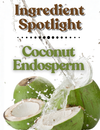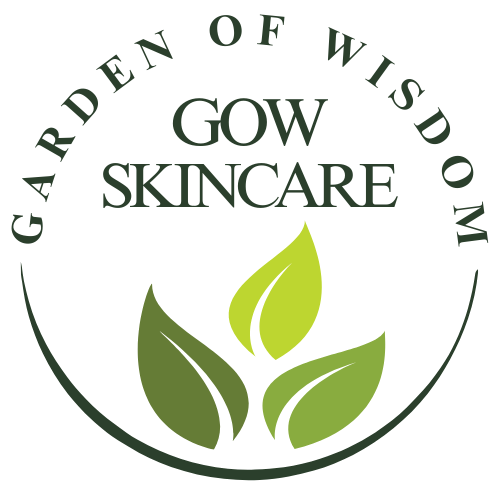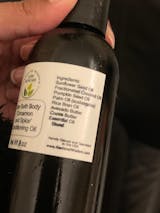Skin Series - Rosacea
The most significant causes of Rosacea - Stress, Diet, Hormonal Fluctuations, Medications, Environment, and Products!
By Jennifer Flanagan
Rosacea is multifaceted! Multiple factors go into how rosacea forms on the skin. In this article, we will go over the various contributing elements.
1. Stress - Emotional, Physical, and Mental stress sets off a chemical cascade in the body that can and does affect the skin in deeply profound ways. We have seen our customers use the best routines and products possible, yet not achieve complete success with their skin until they have addressed this aspect of their situation.
From an article on Web MD - "Psychodermatology is a field that addresses the impact of an individual's emotion as it relates to the skin," says Karen Mallin, PsyD, an instructor in the departments of psychiatry & behavioral sciences and dermatology & cutaneous surgery of the University of Miami/Jackson Memorial Hospital in Miami."
What the experts and studies are finding is that the mind has a direct connection to your skin via neurotransmitters and neuroimmunoendocrine circuitry. Looking into this factor with your skin can really help.
2. Diet - This is a factor that can often be overlooked. When someone's body has been overloaded by an irritant or food that the body is teetering on becoming sensitive to, this can cause an overload to the body that can push sensitivities over the edge for several health issues, including rosacea. When a food causes inflammation in the body, this inflammation can affect the skin as well. When this happens, flares of rosacea can be standard. Some of the most common foods that seem to push the skin over the edge - Sugars - Wheat - Dairy - Carbs - and in some cases Soy. Of course, many of the fillers in pre-packaged foods are as well. It depends on your own food sensitivities. Having a nutritionist conduct an allergy panel helps.
3. Hormonal Fluctuations - This usually starts in the teenage years when puberty hits. Still, it can also happen later on with age-related hormone changes (aka menopause). It can also occur after any other time; hormones might shift, such as during pregnancy, or in intensely stressful situations. Having your hormones tested can help, though it won't always show whether your body in particular is sensitive to the hormones. It only shows if you are in a normal range like the rest of the planet (based on the lab's values). This does not mean that your own particular body is not more sensitive than someone else might be with the same levels.
4. Medications - Medications can absolutely affect the body, hence the skin. This can increase sensitivity. Many medications cause the body/skin to be sensitive to the sun, so this can only add to the issue. This medicine-induced sensitivity will cause the skin to be more sensitive to all other factors.
5. Pollution - Pollution, Wind, Sun, and Water can and do affect the skin. Some are more sensitive to these factors than others, but those with rosacea will likely find themselves more sensitive to these than any other skin type. Drinking purified or Spring Water is better than tap water for you.
6. Illness - Being in a state of well-being that is less than stellar really impacts our body, let alone our skin. If our immune systems are already in a compromised state, our skin will be too.
7. Smoking - This goes without saying. Smoking robs our body of oxygen, which can really tax our oxygen supply to our skin, too. This can make skin much more sensitive.
8. Product! - This is the most overlooked factor that contributes to Rosacea. When we use products on our skin, they absolutely affect our skin. This is why we use it, right? :) We accept that cleansers should clean, toners should tone, and calming serums should help calm the skin. The issue is that a lot of products on the market include harsh irritants or inflammatory ingredients. Even the ones that are for
so-called "sensitive" skin. It has always shocked me to read the ingredient lists of products geared for sensitive or rosacea skin.
Cleansers that are too strong can cause skin to become dehydrated, which, over time, can strip the skin of its natural oils and cause inflammation and redness. This is generally from sudsy/stripping cleansers, but can also be from cleansers with solvents or other stripping agents in them, like acids.
Toners - These often have alcohol, irritants, solvents, or surfactants in them, which will directly cause inflammation to the skin.
Exfoliating Acids - Glycolic, Salicylic, Mandelic, Lactic, and more.. These will directly cause inflammation. They do have their place with normal skin, but those who are sensitive already will find these only to cause further inflammation and redness. Many find that they cannot use manual exfoliation on Rosacea-prone skin either.
Solvents - Alcohol, Pentylene Glycol, Butylene Glycol, Hexylene Glycol are a few examples. These will directly strip your skin of its natural oils and dehydrate your skin. This can cause inflammation and redness in those who are already sensitive.
Masks - These often have lots of stripping ingredients or harsh ingredients.
Clays can be too much for Rosacea-prone skin. Generally, when dealing with Rosacea, I suggest avoiding masks until the skin calms down and see how your skin reacts to them.
Moisturizers - Moisturizers/Creams/Lotions almost always have waxes/waxy emulsifiers that, when applied to the skin, will seal in heat (from sensitive rosacea-prone skin). It can be hard to find a moisturizer that won’t do this. Makeup can often have these same waxes/emulsifiers. You can sometimes find these same types of ingredients in masks or serums as well. When we seal in this heat, it can exacerbate skin issues and make the skin more reactive.
Makeup - This factor may be the most overlooked in the product category. Makeup often has the same ingredients as serums/or moisturizers might have. Waxes, Waxy emulsifiers, fillers, harsh, stripping, or irritating ingredients. This can cause inflammation of the skin, which can lead to hypersensitivity.
As with acne and other skin conditions, many find that with Rosacea, skin care can only go so far, and other lifestyle aspects need to be addressed, too.



